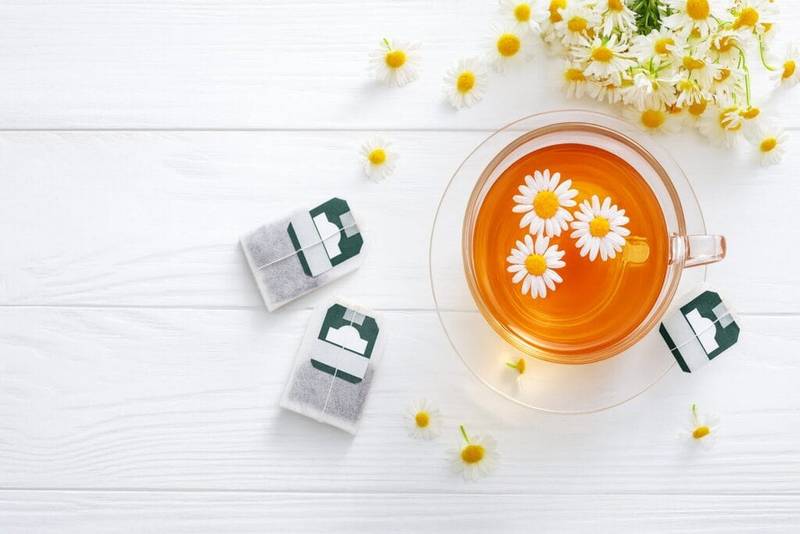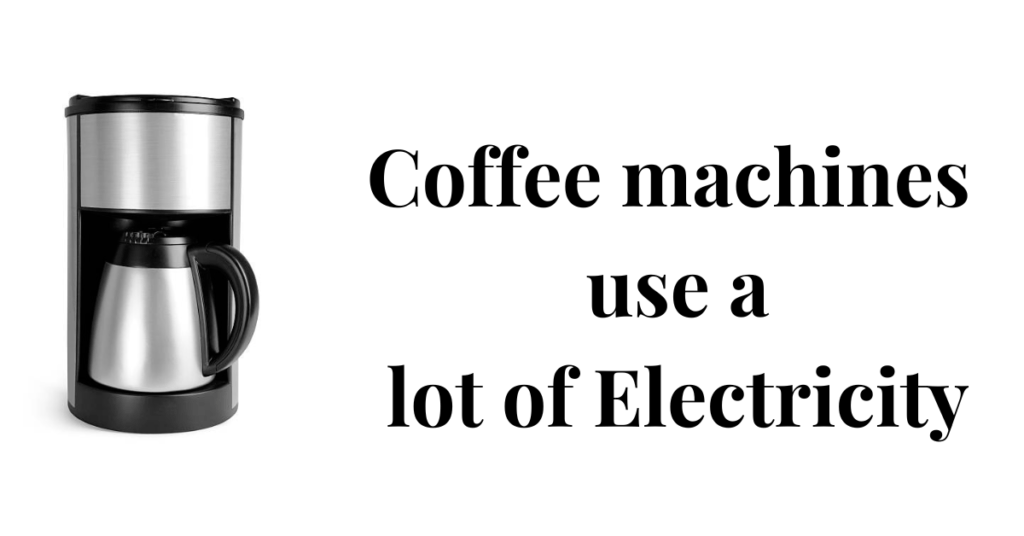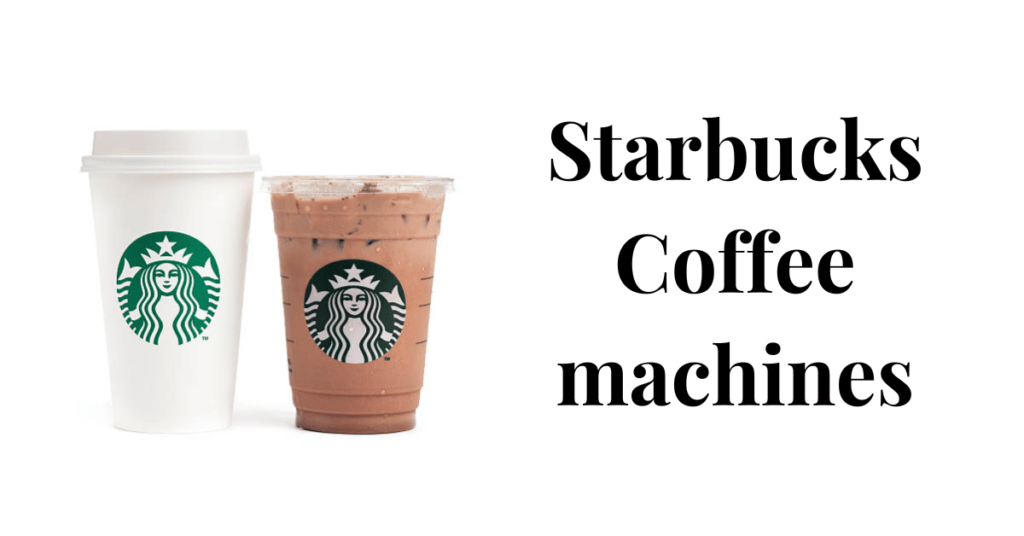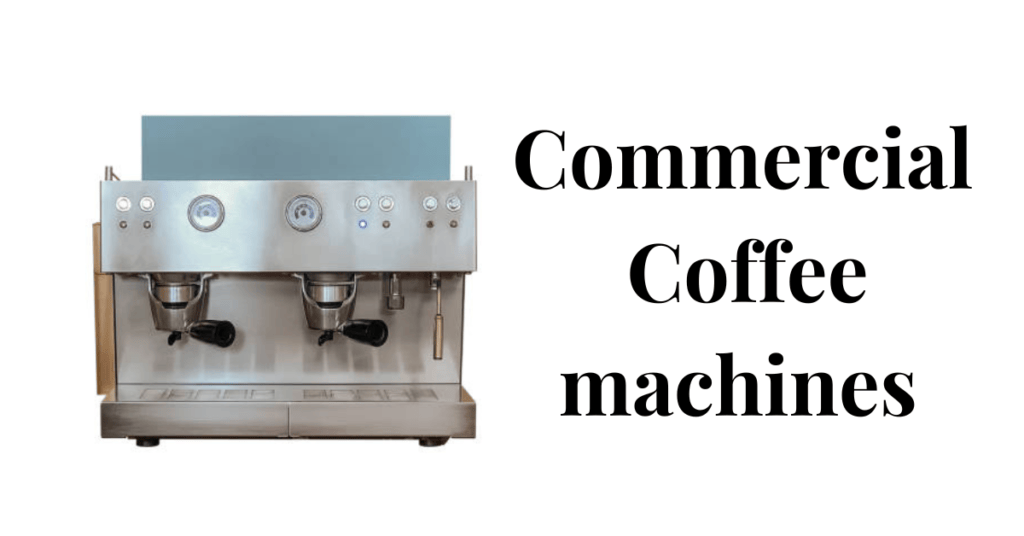Curious if your coffee machine can make more than coffee? Great news—most modern brewers can also craft smooth, flavorful tea. With versatile features and the rise of coffee pods, making tea has never been easier. Discover how your everyday coffee machine can become your new multi-drink powerhouse.
As an affiliate site, we are associated with the amazon. We might receive a commission when you use links or recommendations on our website to make qualified purchases. The cost you pay for the goods or services is unaffected by this.
Table of Contents
Understanding the Basics: Coffee Machines and Tea

Coffee machines are primarily designed to brew coffee by forcing hot water through coffee grounds. The question arises: can the same process be applied to tea leaves? In theory, yes. Tea and coffee rely on water infusion with plant material to extract flavors. However, the nuances of brewing each beverage differ significantly.
Tea brewing requires careful attention to temperature, steeping time, and the type of tea leaves used. While coffee machines can heat water and pass it through a filter, there are some considerations to consider when using them for tea.
Types of Coffee Machines and Their Tea-Making Potential
Before diving into the tea-making process, it’s essential to understand the different types of coffee machines and their potential for brewing tea:
1. Drip Coffee Makers
Drip coffee makers are among the most common types of coffee machines. They heat water and drip it over coffee grounds in a filter. To use a drip coffee maker for tea, replace the coffee grounds with loose tea leaves or tea bags.
However, it’s important to note that the water temperature in drip coffee makers is often calibrated for coffee brewing, which may only be ideal for some types of tea. Some teas, such as green or white tea, require lower temperatures to prevent bitterness, while black tea needs higher temperatures for optimal flavor extraction.
2. Single-Serve Coffee Makers (e.g., Keurig)
Single-serve coffee makers, like Keurig machines, are incredibly convenient and versatile. These machines use pods or capsules, making them easy to use and clean. Many manufacturers offer tea pods specifically designed for these machines, allowing you to brew tea without any modifications.
Alternatively, you can use your loose tea leaves by filling a reusable pod. The critical consideration here is the water temperature setting; not all machines allow for temperature adjustment, which could affect the quality of your tea.
3. Espresso Machines
Espresso machines use high pressure to force hot water through the finely ground coffee, creating a concentrated shot of coffee. While not designed for tea, some models have a hot water dispenser that can be used to brew tea.
Simply place your tea bag or loose tea in a cup and dispense hot water. Since espresso machines typically heat water to a high temperature, they are best suited for black tea or herbal infusions that require boiling water.
4. French Press
A French press is a manual coffee maker allowing more control over the brewing process. It consists of a glass or metal container and a plunger with a mesh filter.
To make tea with a French press, add loose tea leaves and hot water, let it steep for the desired amount of time, then press down the plunger to separate the leaves from the liquid. This method allows for precise control over steeping time and temperature, making it ideal for brewing various types of tea.
How Coffee Machine Make Tea: A Step-by-Step Guide

If you’re interested in using your coffee machine to brew tea, here’s a step-by-step guide to ensure the best results:
Step 1: Clean Your Coffee Machine
Before brewing tea, thoroughly clean your coffee machine to avoid any coffee residue or flavor contamination. To cleanse the system, run a hot water cycle through the machine without coffee grounds or tea leaves.
Step 2: Choose Your Tea
Select the type of tea you wish to brew. Consider the temperature and steeping time requirements for the specific type of tea. Black teas, herbal teas, and oolongs are more forgiving with higher temperatures, while green and white teas require cooler water.
Step 3: Measure the Tea Leaves
For drip coffee makers, measure your loose tea leaves or use tea bags. Place them in the machine’s filter basket as you would with coffee grounds. Use a tea pod or fill a reusable pod with loose tea leaves for single-serve machines.
Step 4: Adjust the Water Temperature
If your coffee machine allows temperature adjustment, set it according to the tea type. As a general rule, black and herbal teas require boiling water (around 212°F or 100°C), green teas need water around 175°F to 185°F (80°C to 85°C), and white teas do best with water at 160°F to 175°F (70°C to 80°C).
Step 5: Start the Brewing Process
Turn on your coffee machine and start the brewing process. Allow the water to pass through the tea leaves, extracting the flavors just as it would with coffee. Be mindful of the brew strength; some machines allow you to adjust the brew size or strength, which can affect the tea’s taste.
Step 6: Steep and Serve
Once the brewing cycle is complete, let the tea steep for a few more minutes, depending on your desired strength. Then, pour the tea into your cup and enjoy. Remember that steeping time varies by tea type; over-steeping can lead to bitterness, especially with green or white teas.
Benefits of Using a Coffee Machine for Tea
Using a coffee machine to make tea can offer several advantages:
- Convenience: If you own a coffee machine, you don’t need additional equipment to brew tea.
- Quick and Easy: Coffee machines are designed for speed, making tea preparation fast and hassle-free.
- Multi-functionality: Coffee machines can serve dual purposes: reducing kitchen clutter and maximizing utility.
- Consistent Results: Modern coffee machines often provide consistent water temperatures, which is crucial for brewing certain types of tea.
Potential Drawbacks of Using a Coffee Machine for Tea
While there are benefits, there are also some drawbacks to consider:
- Flavor Cross-Contamination: Residual coffee oils and flavors can taint the taste of your tea, especially if the machine isn’t cleaned thoroughly.
- Limited Control Over Temperature: Not all coffee machines allow for precise temperature adjustments, which can affect the quality of tea brewing.
- Over-Extraction: The brewing process in some coffee machines may lead to over-extraction of tea, resulting in a bitter taste, particularly with delicate teas.
Read More Guides
- How to clean Metal Coffee filter: From Grinds to Gleaming: Mastering Metal Coffee Filter Maintenance
- How to filter out Coffee grounds: Sift, Sip, Enjoy: Your guide to Flawless Coffee Filtration
- Does Coffee Maker boil Water: The Science Behind Coffee Brewing: Temperature Control in Coffee Makers
- Why does Coffee need to be Filtered: The Science behind Filtered Coffee: Unveiling the need
- Do Coffee Filters dissolve in Water: Brew Smarter, Not Bitter: Will Coffee Filters Ruin Your Coffee?
FAQs || Coffee Machine Make Tea
Can I use a coffee machine to make all types of tea?
Yes, but the effectiveness varies depending on the tea type and the machine. Black and herbal teas work best, while green and white teas may be more challenging due to their need for lower water temperatures.
Will my tea taste like coffee if I use a coffee machine?
If your coffee machine is not thoroughly cleaned before brewing tea, there’s a risk of flavor cross-contamination. Ensure your machine is cleaned properly to avoid any coffee residue affecting the tea’s taste.
Can I use tea bags in a coffee maker?
Yes, tea bags can be used in drip coffee makers or single-serve machines. Simply place the tea bag where you usually put coffee grounds or pods.
Is it safe to brew tea in a coffee machine regularly?
Yes, it is generally safe, but regular use may require frequent cleaning to prevent the build-up of coffee oils or tea tannins, which could affect the flavor of both beverages over time.
Are there specific coffee machines designed for making tea?
Some brands offer dual-purpose machines designed to brew coffee and tea, providing more temperature control and reducing the risk of flavor cross-contamination.
Conclusion
While coffee machines are primarily designed for coffee, they can be used to make tea, offering a convenient and quick alternative to traditional tea brewing methods.
However, it is essential to understand the limitations and adjustments needed to ensure a perfect cup of tea. By following the guidelines above, you can explore the versatility of your coffee machine and enjoy a delightful cup of tea whenever you please.







